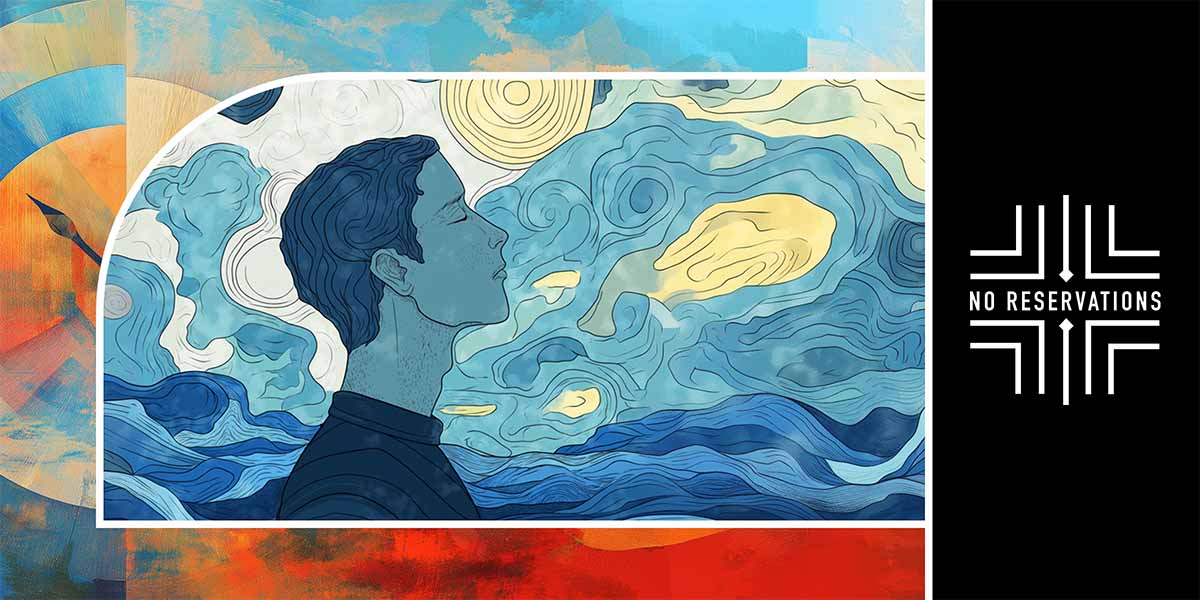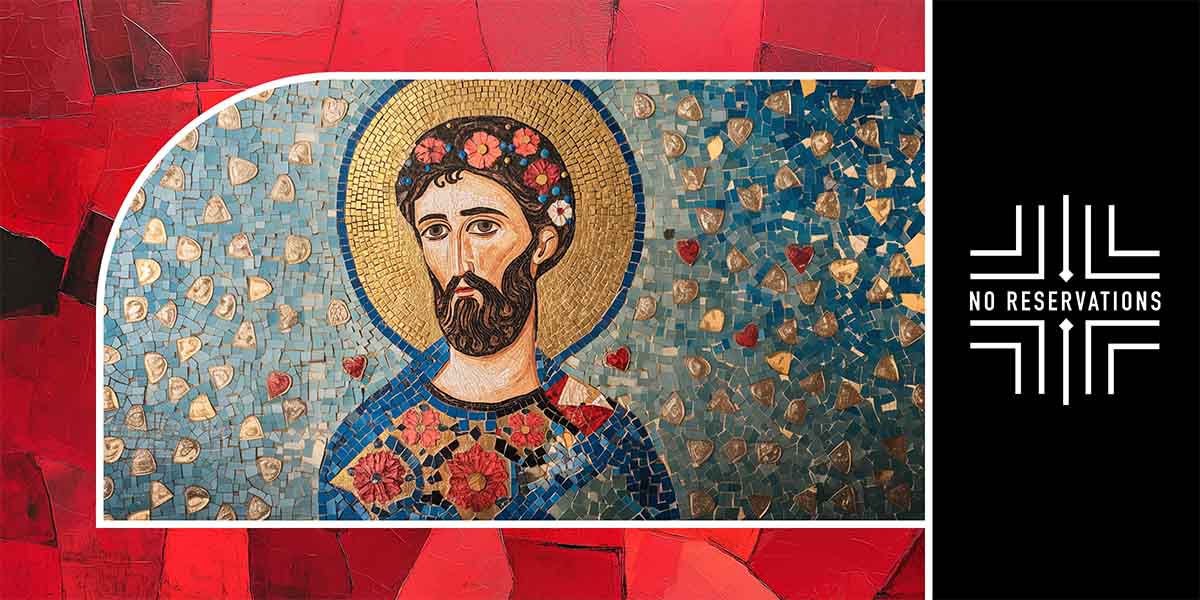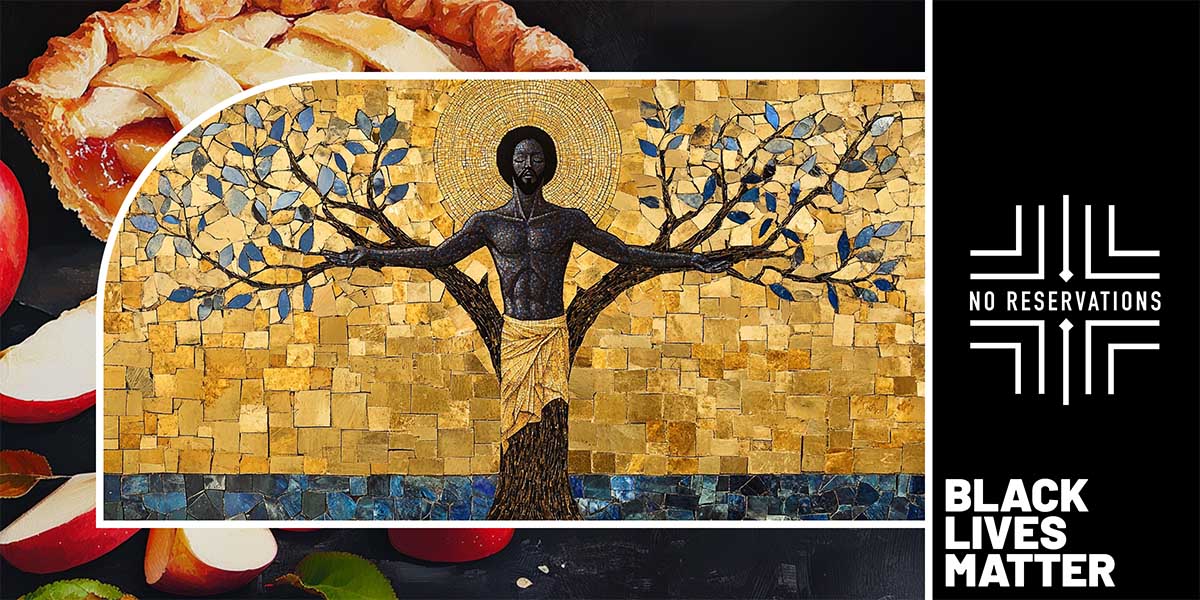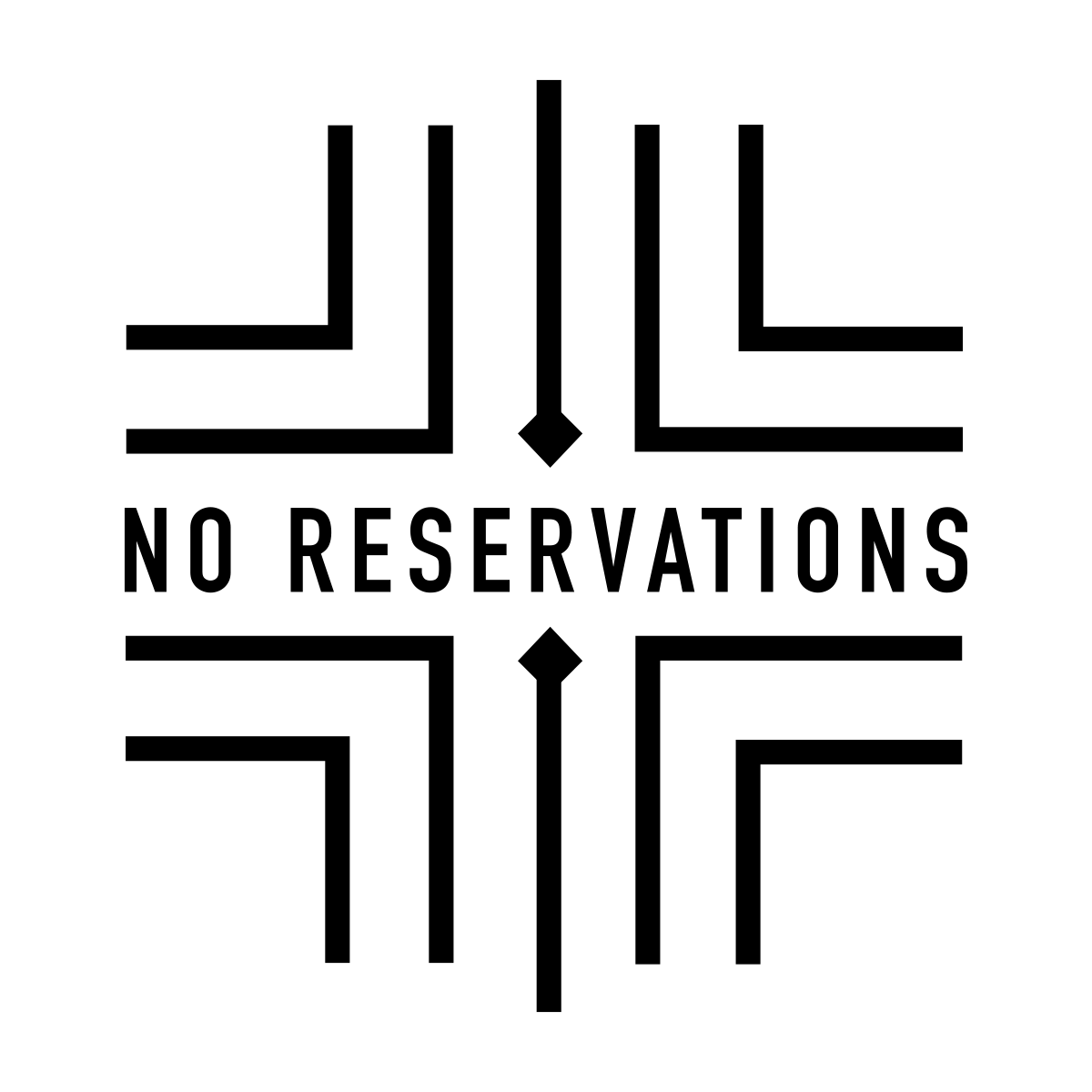“The universe is under no obligation to make sense to you” – Neil deGrasse Tyson
When life feels heavy and hope seems like a distant memory, it’s easy to fall into the belief that our destinies are predetermined—that no matter what we do, we’re stuck in a loop, destined to repeat the same patterns and suffer the same consequences. It’s a feeling that many of us have experienced, especially when we’ve faced significant challenges, trauma, or persistent negative cycles. But are we really trapped, or do we have more agency than we realize?
The idea of a predetermined destiny often stems from a deep-seated sense of hopelessness and a lack of personal control. It’s as if life is just happening to us, and we are powerless to change its course. This mindset can actually become a self-fulfilling prophecy. When we lose the faith and ability to feel in control of our lives, the things we fear or expect to happen most likely will happen. This is not because our fate is written in stone but because our actions—or inactions—are shaped by our beliefs.
The Power of Belief and Expectation
Our beliefs and expectations about life have a profound impact on the outcomes we experience. When we believe that we are powerless, we unconsciously make choices that reinforce that narrative. We might avoid taking risks, shy away from opportunities, or settle for less than we deserve because we assume that nothing we do will make a difference. This is what we at No Reservations call a Self-Destructive Loop—a cycle where our inner conflicts and traumas manifest as behaviors that keep us stuck.
But what if we could break free from these loops? What if the narrative that “our destinies are predetermined” is actually a reflection of the stories we tell ourselves, rather than an objective truth?
Compassion for Our Histories
It’s crucial to acknowledge that many of us carry wounds from our past that shape how we see ourselves and the world. Trauma can be a heavy burden, and it can create an overwhelming sense of helplessness. This is not to say that we can just “think positive” and everything will magically change. Healing is hard work. It requires us to face our pain, to understand it, and to offer ourselves the compassion and empathy we might not have received when the wounds were first inflicted.
However, acknowledging our trauma and its effects is different from allowing it to define our future. We all have the capacity to break free from our self-destructive loops and create a future that is intentional and emanates from our Authentic Selves. This isn’t about predicting or controlling everything that will happen—bad things certainly happen—but it is about taking ownership of what we can control: our responses, our actions, and the narratives we choose to live by.
Reclaiming Our Power: Actionable Steps Toward an Intentional Future
So, how do we reclaim our power and step into a future that we actively create rather than passively accept? Here are a few actionable steps to help you begin this journey:
- Identify and Challenge Limiting Beliefs: Spend some time reflecting on the beliefs you hold about yourself and your life. Are there beliefs that keep you stuck in a cycle of fear or resignation? Write them down and examine their origins. Ask yourself, “Is this belief serving me?” If not, how can you reframe it in a way that empowers you rather than limits you?
- Cultivate Self-Compassion: Remember that breaking free from self-destructive loops isn’t about blaming ourselves for the ways we’ve coped in the past. It’s about understanding that those patterns served a purpose at one time but may no longer be helpful. Practice self-compassion by acknowledging your past pain and recognizing your strength in facing it.
- Set Intentional Goals: Instead of focusing on what you fear might happen, start setting goals based on what you genuinely want to create in your life. These goals should come from a place of authenticity—aligning with your true desires, values, and strengths. Break them down into small, manageable steps and celebrate each milestone, no matter how small.
- Engage in Reflective Practices: Practices like journaling, meditation, or prayer can help you tap into your inner wisdom and connect with the Divine within. These practices create space for you to listen to your inner voice, beyond the noise of fear and doubt, and to align your actions with your Authentic Self.
- Build a Supportive Community: Surround yourself with people who support your journey toward authenticity and personal growth. Healing and transformation are deeply personal but don’t have to be solitary. A compassionate, supportive community can provide encouragement, accountability, and a sense of belonging.
- Embrace the Unknown with Courage: Accept that not everything in life is within our control, and that’s okay. True growth happens when we learn to navigate uncertainty with courage and resilience. When bad things happen, as they inevitably will, remind yourself that you have the strength to respond intentionally rather than reactively.
Embracing the Power of Choice
The notion of destiny can feel comforting at times because it removes the burden of choice from us. But the truth is, we are not passive recipients of a pre-written fate. We have the power to choose how we respond to our circumstances and how we shape our futures. While we can’t guarantee every outcome, we can decide to live in alignment with our Authentic Selves, setting the stage for a life that feels more intentional, empowered, and fulfilling.
So, the next time you catch yourself thinking, “Maybe this is just my fate,” pause and ask yourself: “Is this truly my destiny, or is it the result of a story I’ve been telling myself?” The difference between feeling trapped and feeling free often lies in the stories we choose to believe. And remember, you have the power to rewrite yours.
The No Res Team





